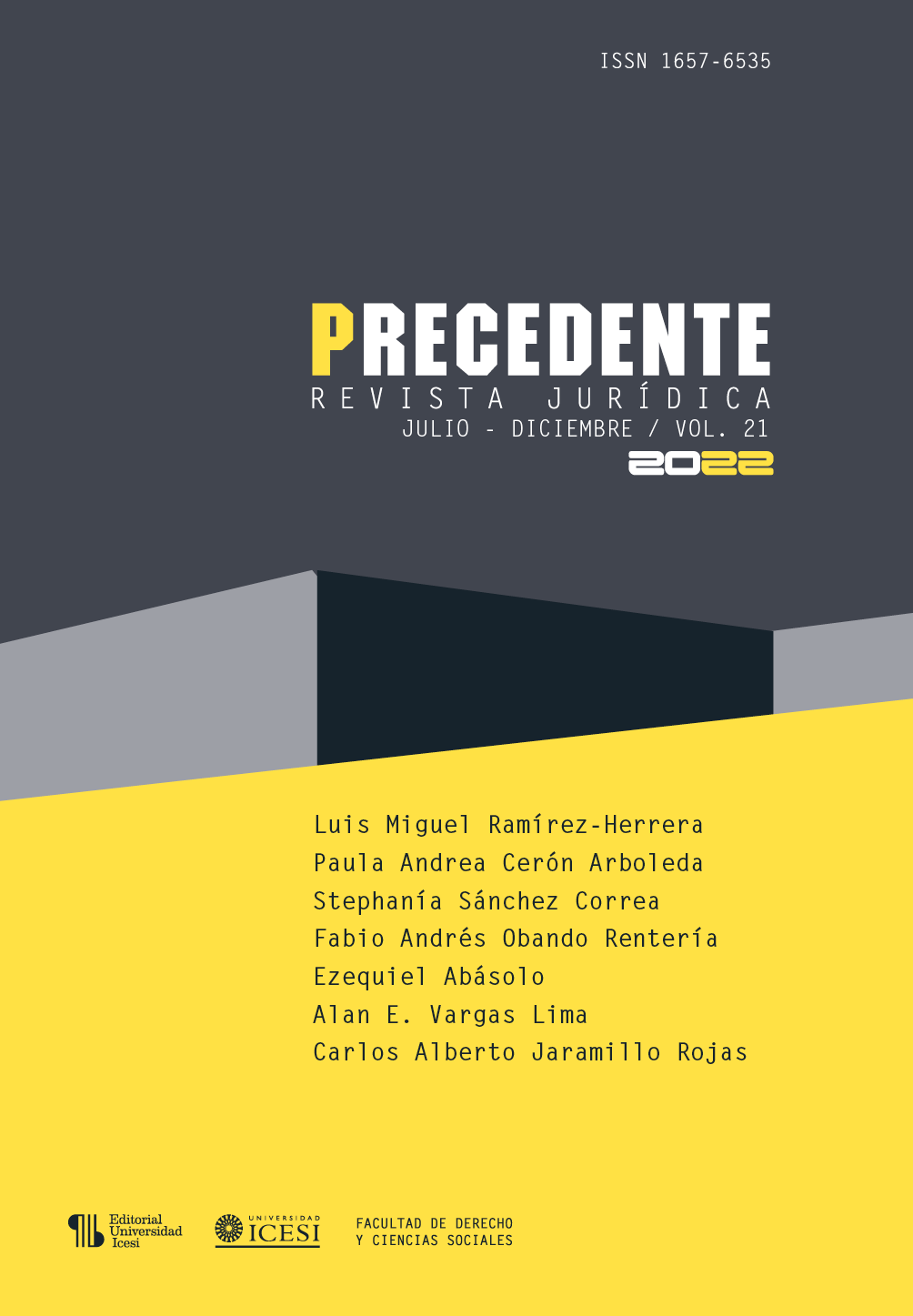Political Obligation as Prudential Obligation in the Political Philosophical Thought of Thomas Hobbes
DOI:
https://doi.org/10.18046/prec.v21.5183Keywords:
Political Obligation, Legitimacy, Theory of the State, Constitutional Right, Political PhilosophyAbstract
In Leviathan, Thomas Hobbes’ best-known work, the obligation to obey the state assumes a rational or prudential character because of the philosophical and epistemological theories from which this thinker has conceived the human nature. Those principles are related to a mechanical vision of the world in which the obedience to the sovereign is explained only as a need to conserve the life motion.
According to Hobbes’ view, transcendental values do not exist as a moral foundation like in Aristothelic-Tomist School, neither categorical imperative like in Kantian ethics; only the passions and the universal motion principle constitute the elements which make possible the logic of the political obligation in his theory.
Downloads
References
De Jouvenel, B. (1957). La Soberanía. Ediciones Rialp.
Friedrich, C. F. (1968). El hombre y el gobierno. Tecnos.
Garmendia, G. y Schnaith, N. (1973). Thomas Hobbes y los orígenes del Estado burgués. Siglo XXI.
Hobbes, T. (1839-45). The English works of Thomas Hobbes (obras en inglés de Thomas Hobbes) (Sir W. Molesworth ed.) (vol. 11).
Hobbes, T. (1982). El Leviatán. Fondo de Cultura Económica.
Jaramillo, C. A. (2009). Libertad negativa y libre desarrollo de la personalidad en John Stuart Mill (Tesis de maestría). Universidad del Valle. http://hdl.handle.net/10893/15161
Jaramillo, C. A. (2013). Libertad negativa y libre desarrollo de la personalidad en la jurisprudencia constitucional colombiana: un análisis desde la perspectiva de John Stuart Mill y Thomas Hobbes. Precedente, 3, 71-120. https://doi.org/10.18046/prec.v3.1726
Kant, E. (1983). Fundamentación de la metafísica de las costumbres. Espasa Calpe S. A.
MacPherson, C. B. (1970). La teoría política del individualismo posesivo. Fontanela.
Romero, R. (1982). Dos teorías contractuales, Hobbes y Rousseau. Fundación para la promoción de la filosofía en Colombia.
Watkins, J. W. (1957). The polítical philosophy of Hobbes. The claredon press.
Watkins, J. W. (1972). ¿Qué ha dicho verdaderamente Hobbes? Doncel.
Downloads
Published
Issue
Section
License
Copyright (c) 2022 Carlos Alberto Jaramillo Rojas

This work is licensed under a Creative Commons Attribution-NonCommercial 4.0 International License.
Material in this publication may be reproduced without authorization, provided the title, author and institutional source is acknowledged.








